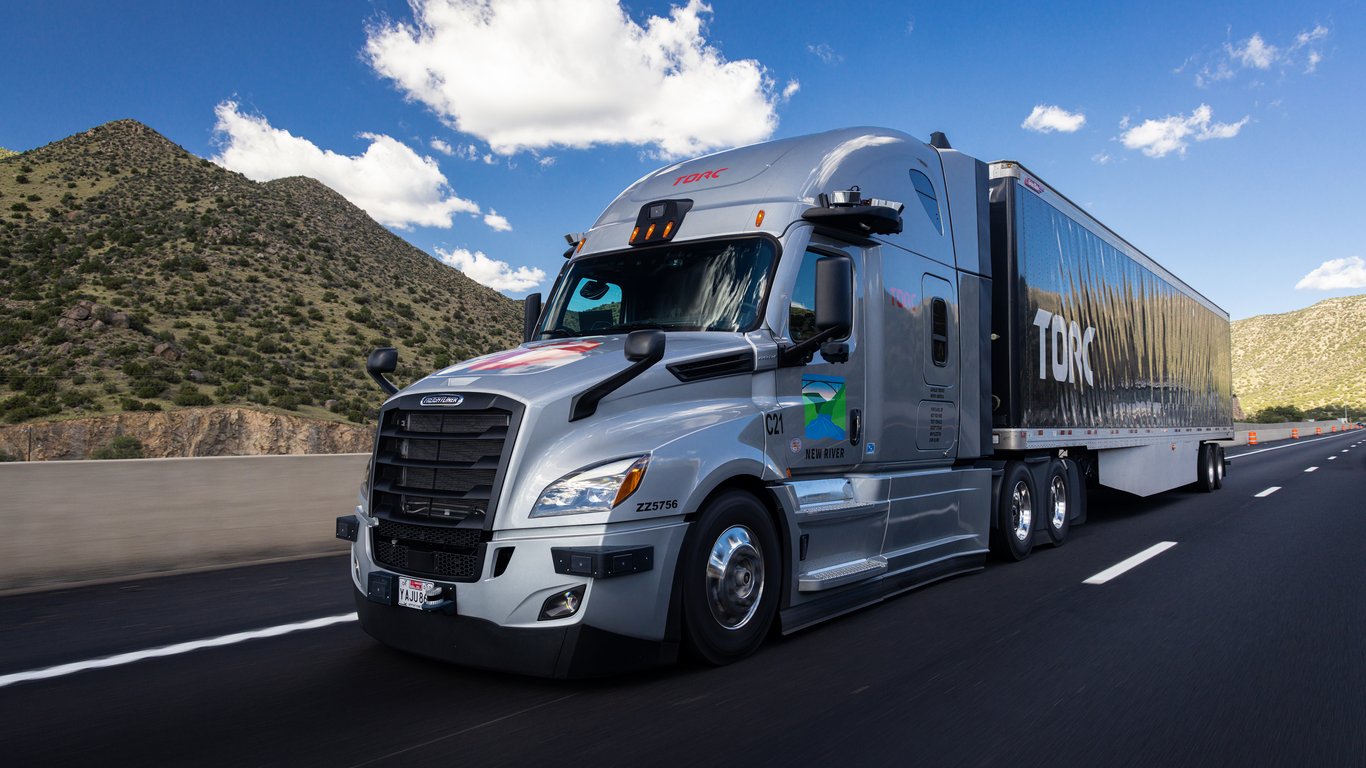
The Future of Autonomous Trucks: Innovations and Applications
Autonomous trucks could help reduce fatal truck accidents on our roads and ease strain across supply chains. They could also enable trucking companies to achieve higher freight utilization and save costs related to labor costs.
Many technology developers have been exploring autonomous trucking. While some have come and gone, others have been acquired or pivoted toward other business cases.
Safety
Like with any new technology, autonomous trucks present safety concerns; however, proponents of self-driving trucks believe that self-driving vehicles are safer than human drivers. Autonomous trucking systems employ sensors to detect situations and prevent accidents. If an incident does happen due to software glitches rather than driver training deficiencies or distraction.
Kodiak Robotics and Torc Robotics have both taken an interest in platooning technology, in which two trucks follow closely behind one another with both being controlled by human drivers; this enables robotic trucks to travel along long highway routes while human drivers take over for city driving, loading/unloading operations and any necessary city/highway route adjustments.
These companies envision local human drivers transporting trailers from factories or warehouses to “autonomous truck ports” located on the outskirts of cities near interstate exits. Here, truckers would switch out trailers for autonomous tractors for long stretches of highway driving before returning them to their respective destinations for delivery.
Efficiency
Autonomous trucks will bring more than safety and lower fuel costs into play; they will also enhance efficiency. While human truck drivers must take regular breaks due to federal law, robot trucks can drive nonstop on preprogrammed routes 24/7 without stopping to rest or take breaks.
Driverless trucks require minimal upkeep, extending their lifespan considerably and saving fleet managers on repair expenses and insurance premiums.
Few companies are testing long-haul autonomous trucks in the southern United States, where warm climate and favorable legislation encourage this development. Tech start-up Kodiak recently completed a 6,350 mile route between Dallas and Atlanta using autonomous highway driving technology combined with human safety drivers – this allowed it to deliver eight commercial loads within six days, double what an individual driver could achieve during that same period, thus increasing truck utilization rates while simultaneously decreasing logistics costs.
Environmental Impact
As autonomous trucks provide greater efficiency in operations and reduced environmental impacts, they have the potential to both decrease trucking operating costs and impact, while simultaneously mitigating empty trailer miles and truck idling emissions; two of the primary contributors of Scope 1 greenhouse gas emissions. Furthermore, autonomous trucks could help mitigate driver distraction and fatigue, both leading causes of truck accidents.
Autonomous trucks also eliminate the need for truckers to take breaks and rest, shortening delivery times. TuSimple’s autonomous trucks equipped with perception technology and LiDAR sensors have already covered over three million miles with safety drivers onboard; TuSimple hopes to put its fully autonomous truck into series production within 10 years.
Volkmann estimates that large truck fleet operatorss would reap the most benefit from autonomous trucks, with estimates suggesting they can cut driver wages and benefits by around 30%, leading to significant gains in profitability for long-haul companies with lots of highway driving or large companies with enough capital to invest in new technology.
Cost
Trucking costs represent a considerable portion of supply chain logistics costs, yet autonomous trucks could significantly cut these expenses. By being available 24/7, autonomous trucks could increase productivity by driving longer distances more rapidly and delivering freight more promptly – leading to reduced transport and logistics expenses overall.
Aurora Motors, for instance, has taken steps to ease worker concerns regarding autonomous vehicles. Aurora has collaborated with Pittsburgh Technical College and Gallatin College in Montana in training truckers on its driverless trucks’ technologies.
Not surprisingly, many workers feel disenfranchised by this new technological development. When legislation to require human operators on autonomous big rigs passed in California this year, labor groups knew it wasn’t set in stone – The Teamsters and their elected allies are determined to stop driverless trucks from rolling out of California. Yet several companies are poised to launch fully autonomous trucks within a decade – these include Aurora Innovation founded in 2017 by former Uber and Waymo employees; Kodiak Robotics; Torc Robotics as well as graphics processor maker Nvidia (NVDA).



Average Rating